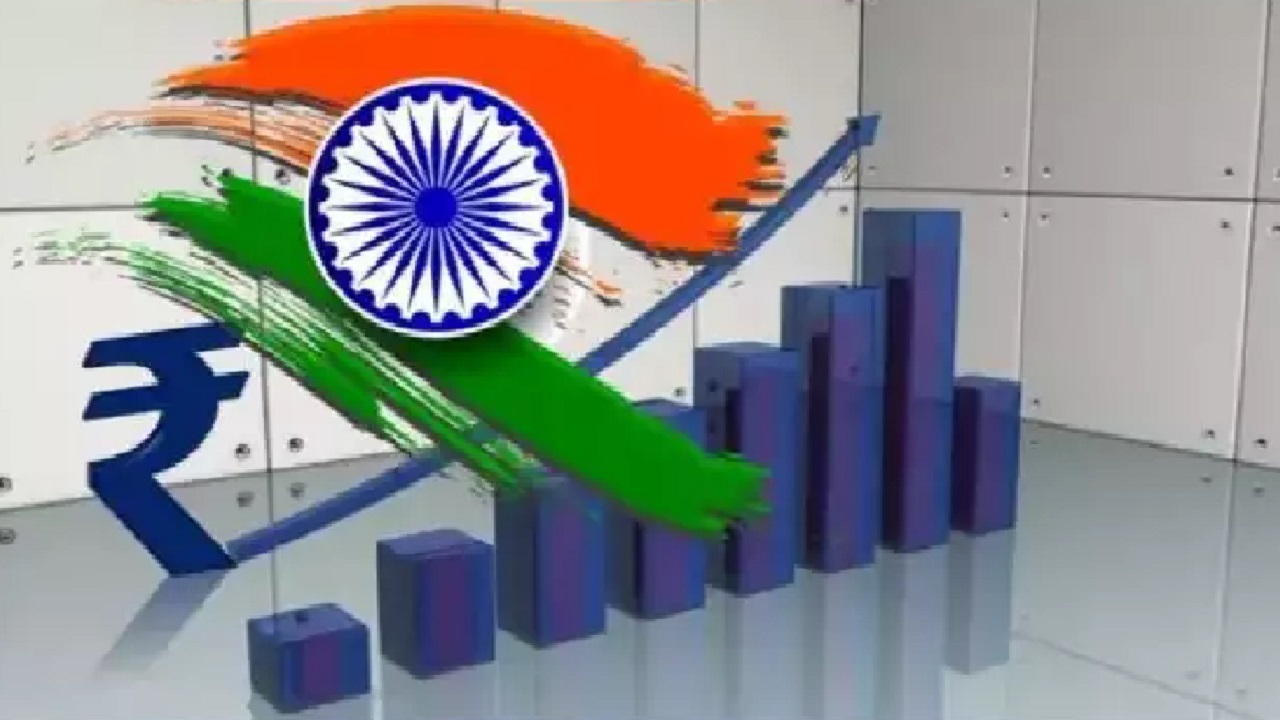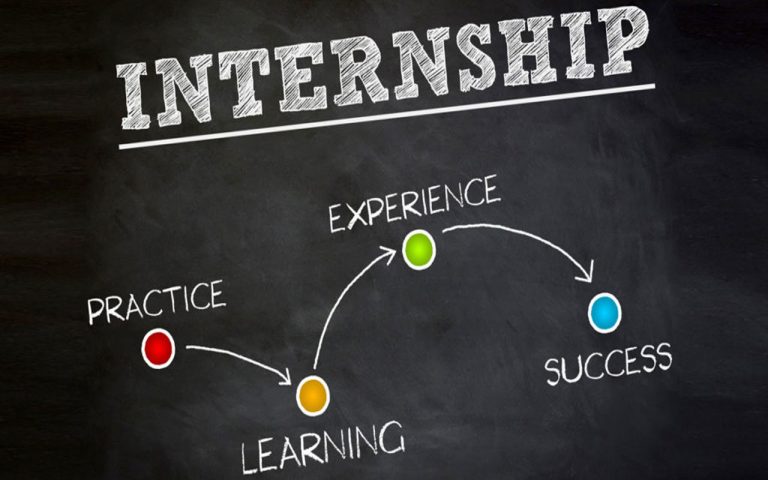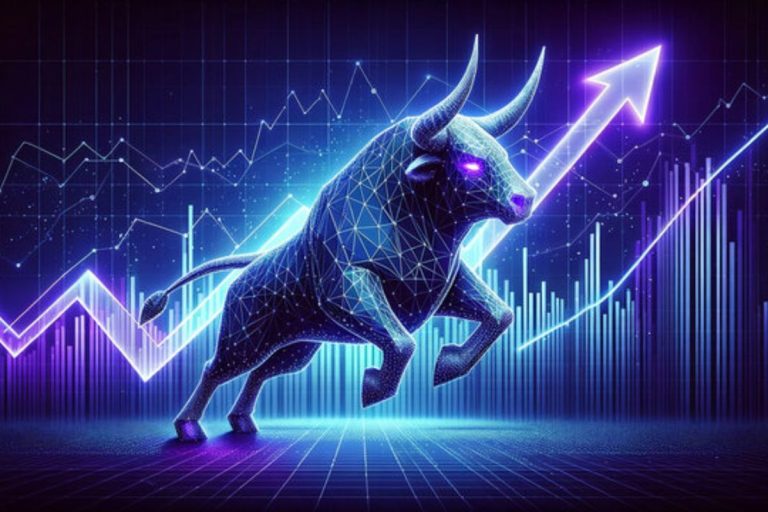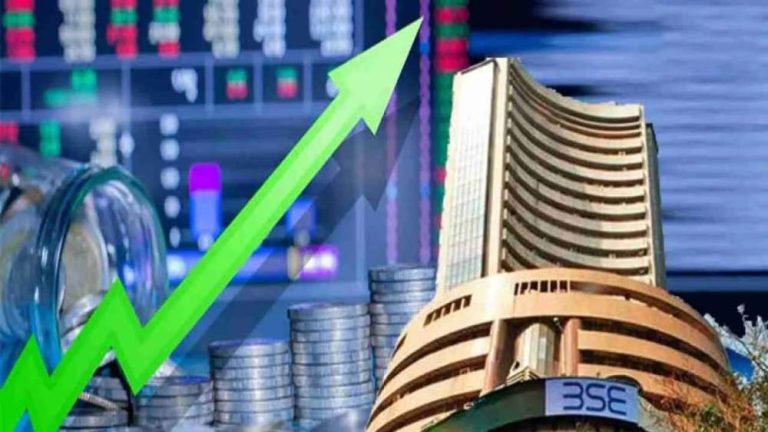Does dependence on political parties weaken the government's power in economic reforms?
New government challenge: Ruling BJP fails to get absolute majority in 18th Lok Sabha elections. Although the National Democratic Alliance (NDA) has combined parties and won a majority, the new government is likely to face land and labor and macro-economic reforms, depending on the BJP. Economists and rating agencies in the country and abroad have expressed fear that since the BJP will not get a majority, it will have to rely on the National Democratic Alliance parties to form the government. In such a scenario, whenever the government takes steps to undertake massive economic reforms, it may face a tough challenge and it has to convince coalition partners before taking any action. According to media reports, Prime Minister Narendra Modi-led BJP has lost its majority in the 2024 elections after the 2014 general elections. It managed to win only 240 out of 543 Lok Sabha constituencies. In this case, DMDK is planning to form the government for the third time along with the parties. If we add 52 seats of NDA constituencies, the number becomes 292. Even if Narendra Modi wins a third term based on this numerical strength, the government's dependence on political parties will increase. In this situation, the government will have to face challenges. According to a report released by Fitch Ratings, the National Democratic Alliance led by the BJP will form the government for the third time and Prime Minister Narendra Modi will form the government for the third time. But due to BJP's weak majority, political parties cannot challenge the reformist agenda. The rating agency said the BJP would have to rely more on its constituencies as it missed out on an absolute majority. Therefore, the implementation of controversial reforms may be more challenging. The government's power to carry out land and labor reforms will be curtailed. These have recently been identified by the BJP as a priority to improve India's manufacturing competitiveness. While no major changes in economic policies are likely, according to domestic brokerage MK, Narendra Modi is likely to return for a third term as prime minister. However, they may have to face changed circumstances in the regime. Under such circumstances, major changes in economic policies are unlikely. Additionally, analysts at Swiss brokerage UBS expect the new government to pursue supply-side reforms, including increasing productivity, simplifying regulatory processes, implementing labor reforms, improving skills and creating jobs. He said it will be a challenge for the government to implement drastic reforms like land reforms, increasing spending on infrastructure, disinvestment, Farm Bill, Uniform Civil Code and holding simultaneous elections across the country. Far-reaching reforms may be delayed On the other hand, Moody's Ratings said far-reaching economic and financial reforms may be delayed due to the NDA's slim majority in the 18th Lok Sabha. This may hinder progress towards financial integration. We expect the policy continuum to support strong economic growth, particularly with respect to infrastructure spending and the budgetary emphasis on increasing domestic production. Leaders lose GDP growth from 2023-24 to 2025-26 As per our assessment of India's economic strength over the period 2023-24 to 2025-26, party leaders have raised the flag of victory. , the real GDP growth rate will be around seven percent. It estimates that India will grow faster than all other economies in the G-20 in fiscal 2025-26, but short-term economic momentum masks structural weaknesses, posing risks to long-term potential growth. Profit booking may continue in the stock market The post Will the government's strength in economic reforms decrease due to dependence on political parties? Prabhat appeared first in Kabar.





